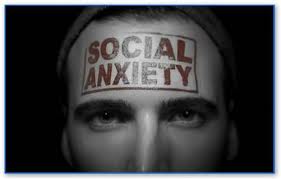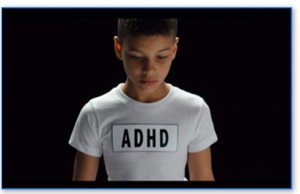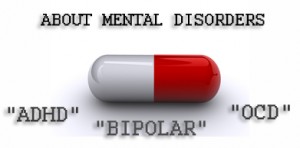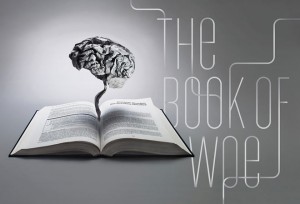
Madness: These statistics could qualify tantrum-throwing children as mentally ill
In an effort to help parents “take the guesswork out of when to worry” about their children and rush them in for screening and treatment, researchers are ready to tell you that your tantrum-throwing kid is mentally ill. To “characterize the emergence of mental health problems” and “chart the progression from normal to abnormal” behavior, a National Institute of Mental Health sponsored study offers the following pathetically weak statistics.




